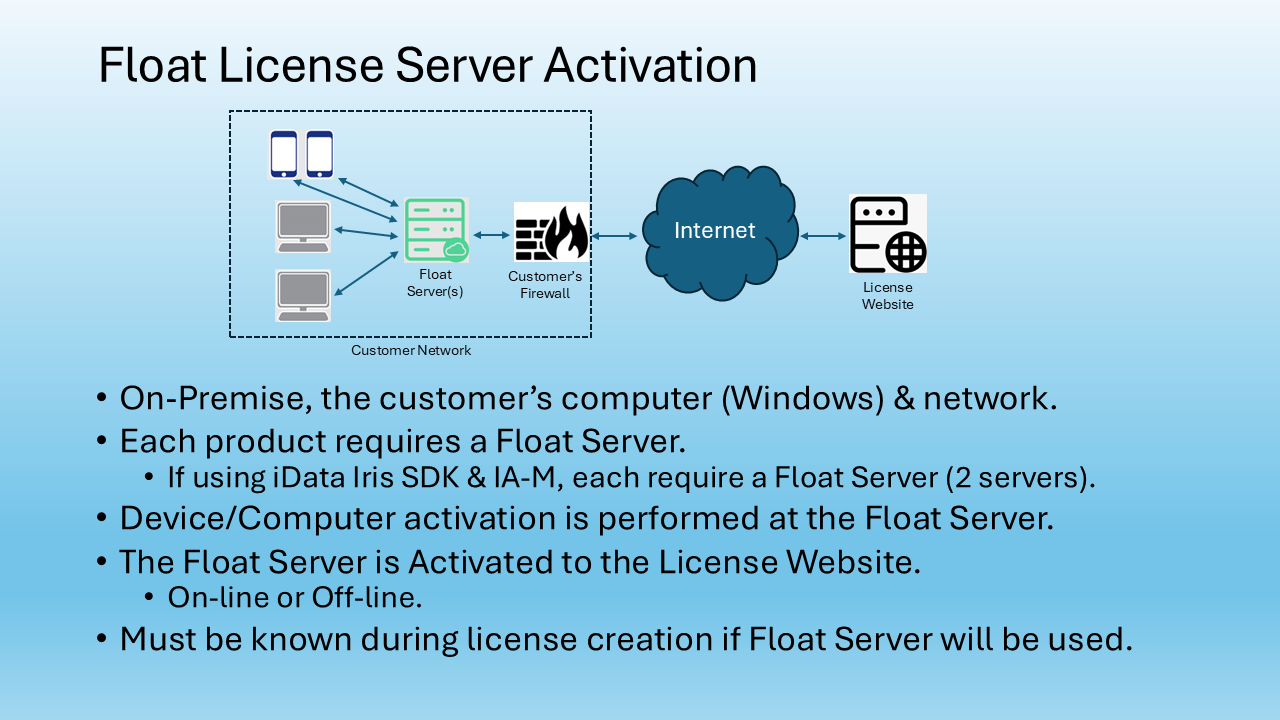April 25, 2005 Jamesburg NJ- Spirits were buoyed at LG Electronics USA-Iris Technology Division’s Jamesburg NJ offices following back to back unveilings of and wide acclaim for the new third generation of the Company’s market-leading iris recognition platform, when the LG IrisAccess™ 4000 range was introduced at two key tradeshows in Las Vegas earlier this month. The LG team also arrived back home to find that technology licensor Iridian Technologies had fired another salvo in the licensing dispute between the parties that started in August 2004.
Asked for a reaction to Iridian’s comment, LG Electronics’ VP- Marketing David Johnston expressed little surprise that Moorestown NJ-based Iridian had reiterated statements it had
made in earlier press releases dated August 27 and September 10th 2004. Acknowledging the disagreement between the parties, Johnston said, “The matter is being decided by the courts. Had the issue been resolved by arbitration, as stipulated in the parties’ agreement, this issue would have been resolved by now. Meanwhile, we continue to improve our products.”
Key issues between the parties are now a matter of public record. At the heart of the dispute is a disagreement regarding royalty structure. Specifically, the issue is whether the royalty is based on what was contractually agreed or on a new business model adopted by Iridian after the agreement with LG was signed. LG Electronics also contends that Iridian has improperly registered as Iridian’s own, LG Electronics’ IRISACCESS trademark.
The license was granted to LG Electronics in 1997 and expanded in 2000. LG Electronics paid substantial consideration in return for a license to use all of Iridian’s iris recognition technology. The agreement stipulates that running royalties will be paid to Iridian according to a formula articulated in the agreement. Says Johnston, “We are a good licensee. Each quarter Iridian receives a report from us of royalties due. Each quarter, we continue to pay our royalties, and each quarter, Iridian continues to accept our payments.”
The dispute can be traced to a strategic change in Iridian’s business model in 2001, when Iridian abandoned its role as the world’s main distributor of iris recognition systems in favor of software and information security products for enterprises. Johnston adds: “The timing could not have been worse. When planes were hijacked and flown into buildings later that year, the world was more interested in increasing domestic security and protecting infrastructure and people than in systems designed to replace passwords.” Having chosen at the end of 2000 to walk away from its commitment to cooperate with LG Electronics to participate in developing the second generation LG IrisAccess 3000, Iridian elected to support development of an alternative platform that became available in mid-2003. LG Electronics continued to sell into the established base and newly interested customers in the interim.
“Essentially” says Johnston, “what Iridian seems to want is for LG to forget about the money it paid to license the technology and to build integrated systems, and now go along with Iridian’s new business model. We had to be realistic. You can’t run a business and absorb costs of hardware/software research and development, manufacturing, shipping, carrying inventory, marketing, and providing tech support to customers on a pricing model constructed without market research or partner collaboration.”
Johnston elaborated: “Iridian’s approach to pricing this market is flawed. Our investment has not been with OPM?other people’s money — but LG Electronics’ own funds?public stockholders equity. We cannot jeopardize the millions of dollars of investment that we have poured into this business for 8+ years because a licensor whom we have already paid handsomely changes the way it sees the market.”
In discussing Iridian’s claim that Iridian owns the IRISACCESS trademark and accusation that LG Electronics is using it without Iridian’s permission, Johnston replied: “Permission is an interesting notion in this case. The IrisAccess brand was created by LG Electronics, in Korea. LG applied the IrisAccess brand to the prototype samples and every piece of equipment designed, produced, and shipped anywhere by LG. IriScan, and subsequently Iridian, then added a sticker to indicate the presence of a role for their software. LG presented the product with the IrisAccess brand, designed logos, promotional materials, and photographs of the product. IriScan (Iridian’s predecessor) then used LG’s photos to apply for a trademark in its own name. Iridian registered LG’s mark first and asked for permission later. LG was stunned to learn that they had applied and registered LG’s mark as its own.”
LG has reiterated its commitment to providing excellent products and to supporting its customers. Iridian’s statements intimating that LG customers may face liability if they use or distribute LG product are already the subject of the lawsuit. To resolve customer concerns, and reflect LG’s confidence in its position, LG Electronics is indemnifying customers who need to mitigate their risk and want the security and user performance LG Electronics’ IrisAccess products can deliver.”
About LG Electronics, Iris Technology Division
LG Electronics, a principal component of South Korea’s LG Corp. has been active in iris recognition research, development and production since 1997. Today the US-based LG Iris Technology Division has global responsibility for all of the Company’s iris recognition activities. LG IrisAccess® is the world’s leading deployed iris recognition platform and in thousands of locations authenticating the identities of millions and millions of persons. More people look to LG IrisAccess® for iris-based authentication than to all other iris recognition products combined. To find out more, visit www.lgiris.com.

